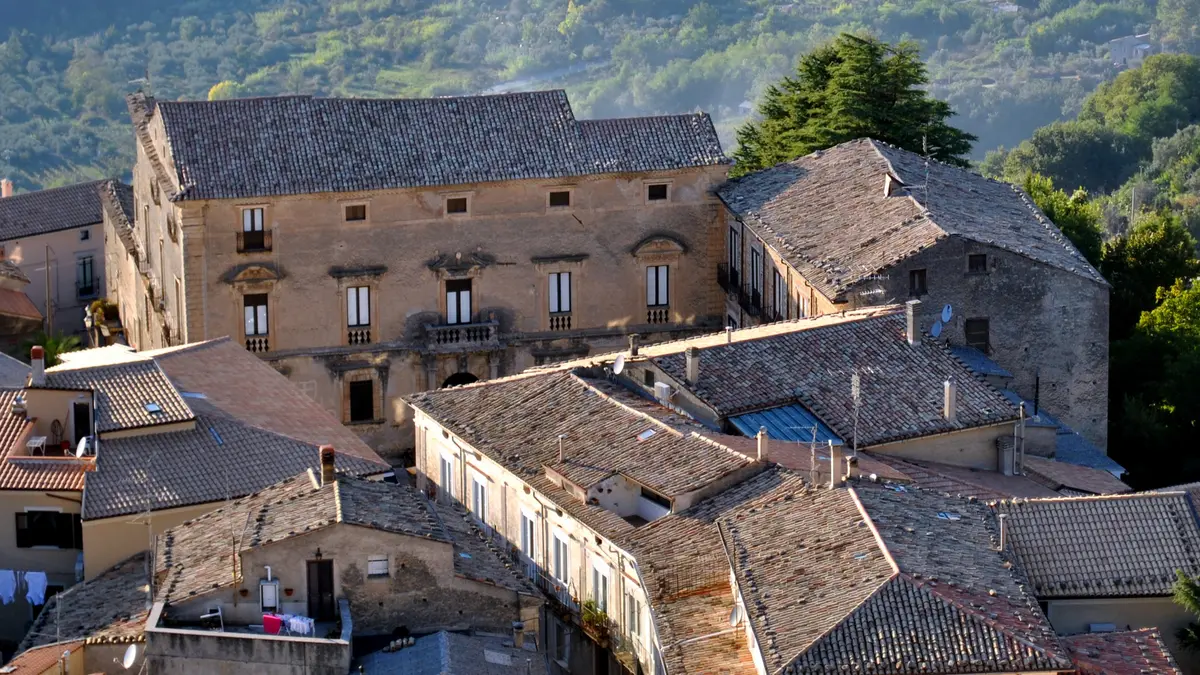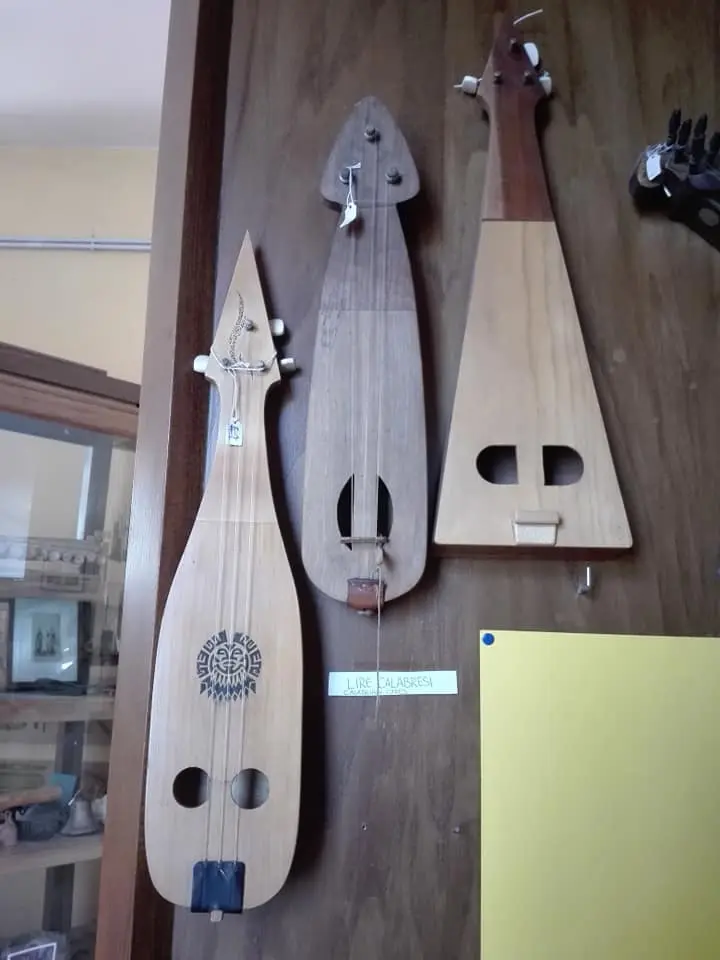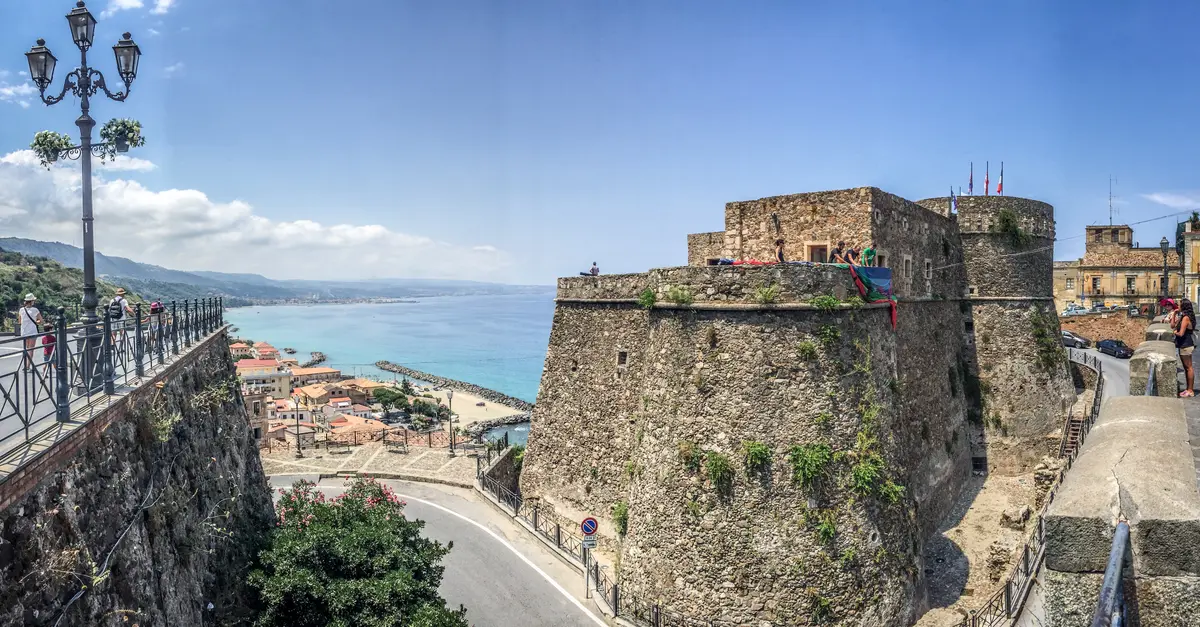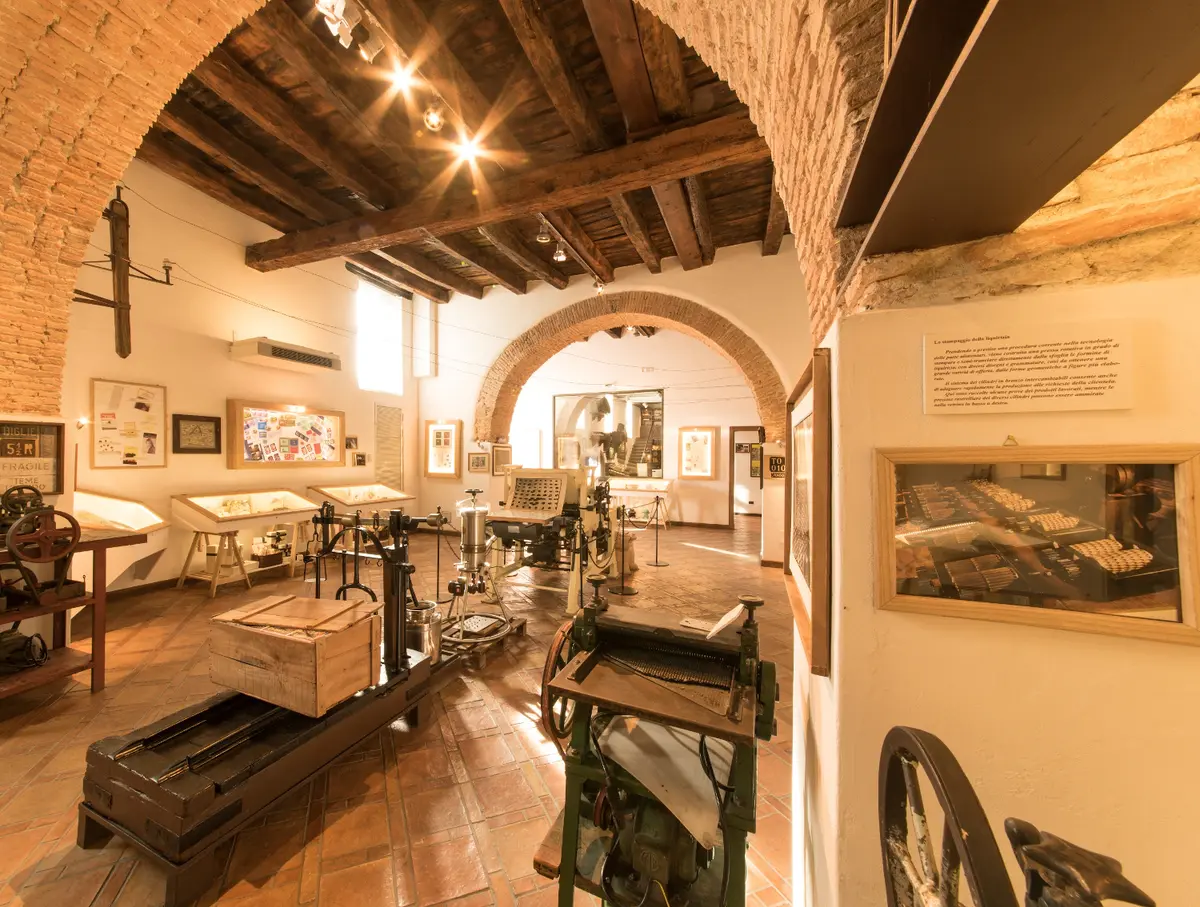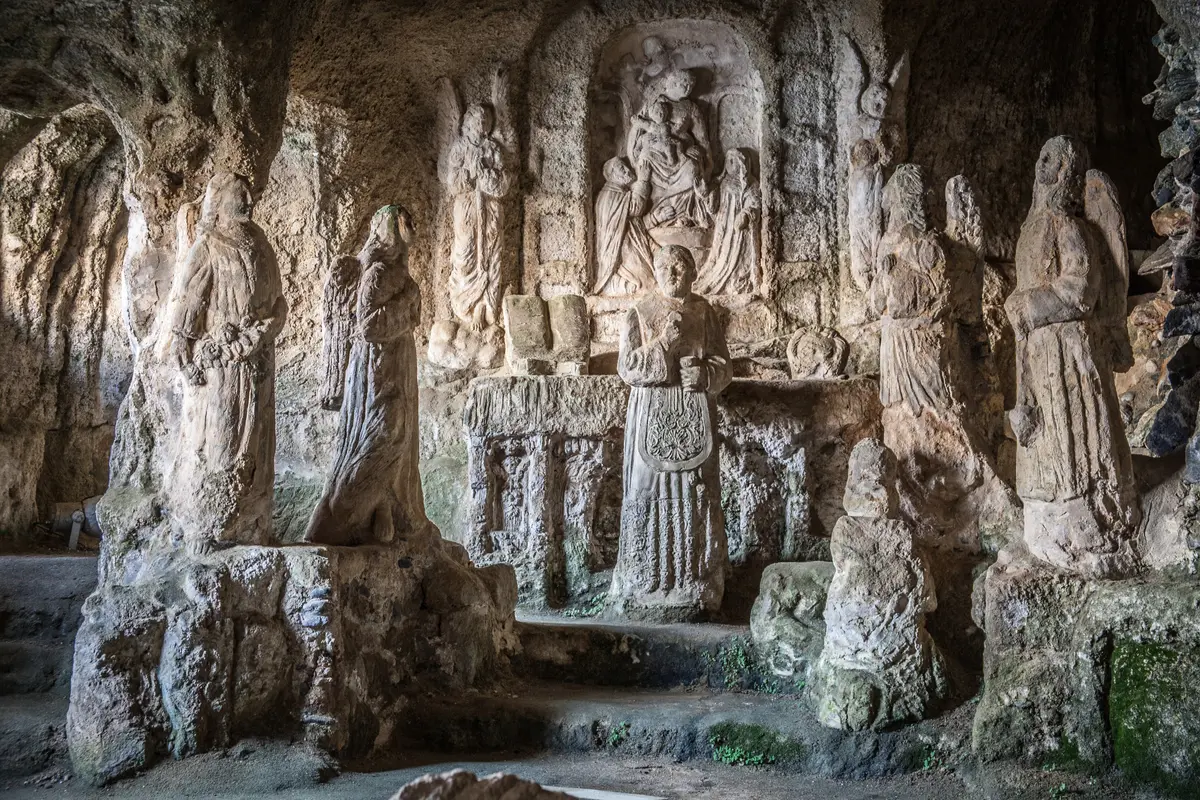Journey through business and labour museums in Calabria
Sudheritage, the network of business museums
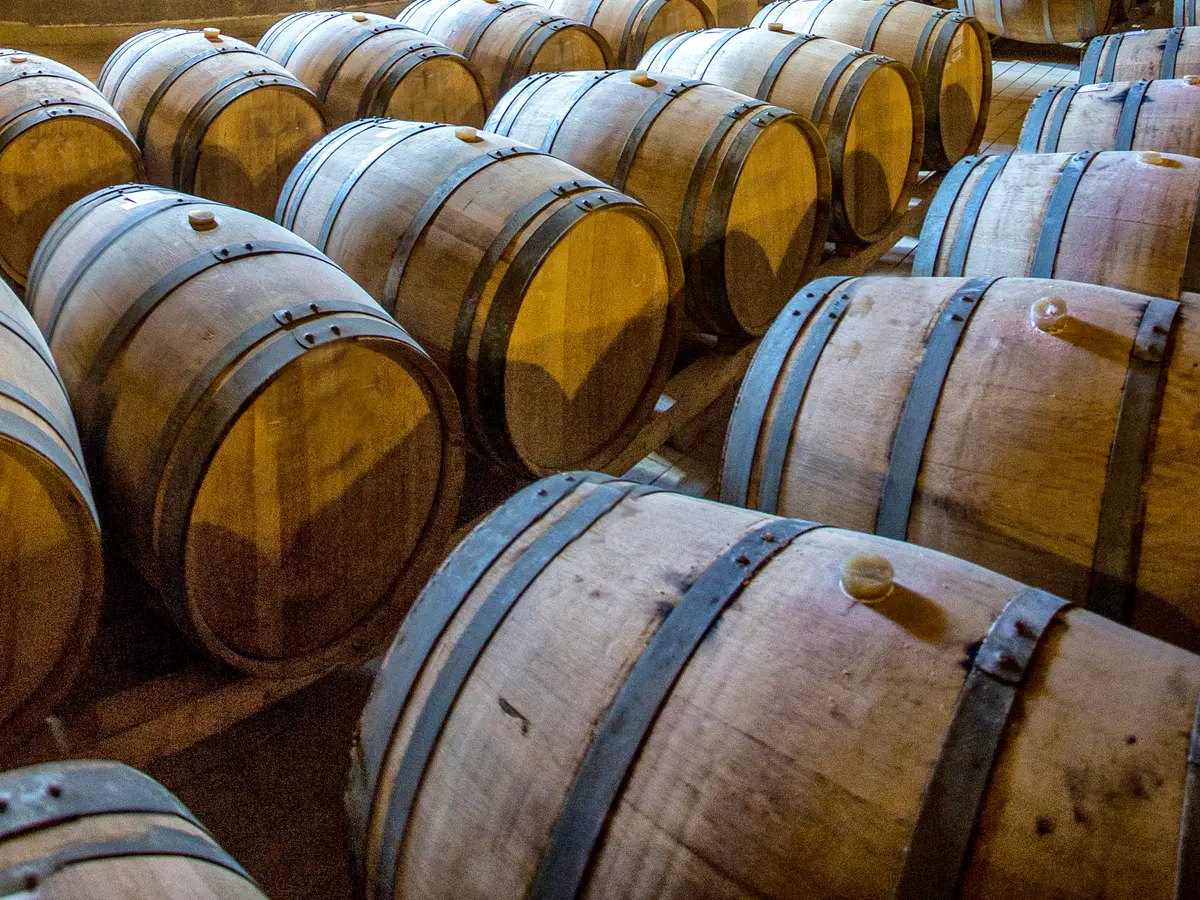
Art and Culture
Regione Calabria
Calabria land of sea, food, classicism and stereotypes more or less reiterated over time?
What if we told you that in Calabria there is a very ancient culture of work, industry and enterprise, which is still handed down with constancy from one generation to the next?
Historic families and individual workers of old or new formation combine to create a production fabric of great quality, albeit still little known, which is linked to related business museums and exhibition and didactic spaces that can be visited today.
How Sudheritage was born
It is called Sudheritage, the business museum network that brings together some of the most historically relevant handicraft and agri-food production realities in Calabria.
The idea was born with the aim of interconnecting Calabrian companies that have been able to innovate over time and build a brand and a narrative of their activities in the area open to tourists and visitors.
An operation that can count on an invaluable heritage, made up of original documents, machinery and equipment, ancient artefacts and tools that, from industrial archaeology to the present day, are available to those who wish to learn more about the reality of Calabrian enterprise, still so little known and stereotyped.
These are the companies that have chosen to join the Sudheritage circuit, promoting the knowledge of business museums in Calabria and the creation of new museum and communication spaces:
- Amarelli
- Callipo
- GIAS
- Lanificio Leo
- Librandi
- Bergamot Museum
- Rubbettino
- Terme Caronte
Let's discover them in brief with a tour of the relevant museums, exploring the unique territories that host them from north to south.
Sudheritage and business museums in Calabria
Amarelli
To speak of Liquirizia di Calabria PDO is to speak of the Amarelli Factory in Corigliano-Rossano, in the province of Cosenza.
A family saga that begins around the year one thousand and continues to the present day, told step by step in the rooms of the Giorgio Amarelli Liquorice Museum.
It is here that among engravings, documents, books, photos and period clothing, agricultural tools and everyday objects, the experience of one of the most important and well-known family businesses in Calabria comes to life. Inside the large space of the Concio (1731), it is possible to discover the secrets of liquorice processing, from the sheaves of root to the most modern extraction and processing plants, along a guided tour that thrills children and adults alike.
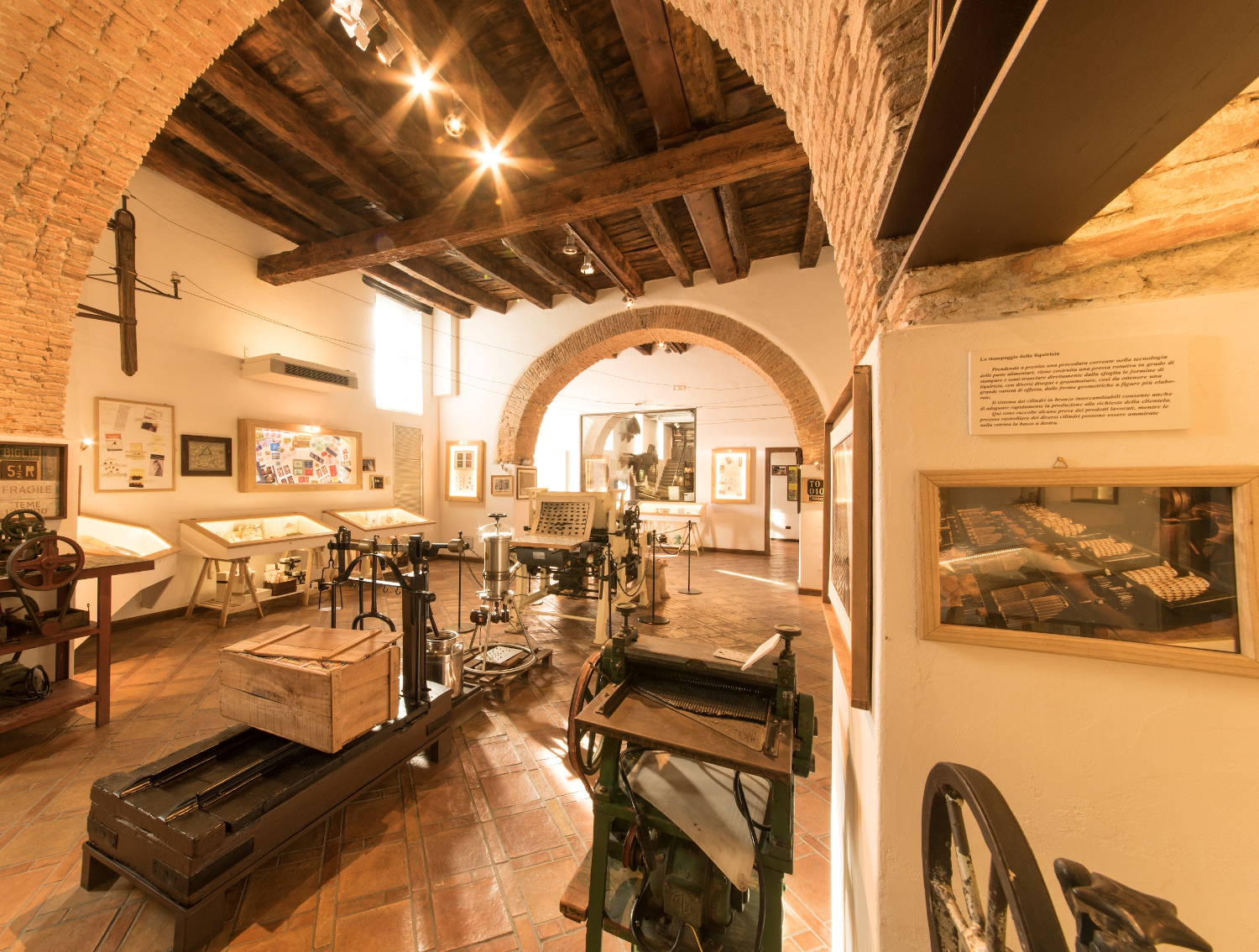
Callipo
It was 1913 when the progenitor, Giacinto Callipo, founded the family business of the same name in Pizzo Calabro, in the province of Vibo Valentia.
A trader and ship-owner, Filippo's great-grandfather (current chairman of the Callipo Group) was one of the first Italian and European entrepreneurs involved in the business of fishing, processing and packaging the prized Mediterranean bluefin tuna.
Picking up the ancient tradition of the fixed tuna nets of the Vibonese area, the Callipo Group today represents a first-rate reality on the international market, where it competes with important brands and absorbs as many others, diversified in agri-food and distillation production.
Starting with the patent document of "Official Supplier to the Royal Household" (1926), the exhibits that set up the Callipo Museum (under construction) tell the story of the Tonnare pizzitàne from its origins to the artistic packaging of today.
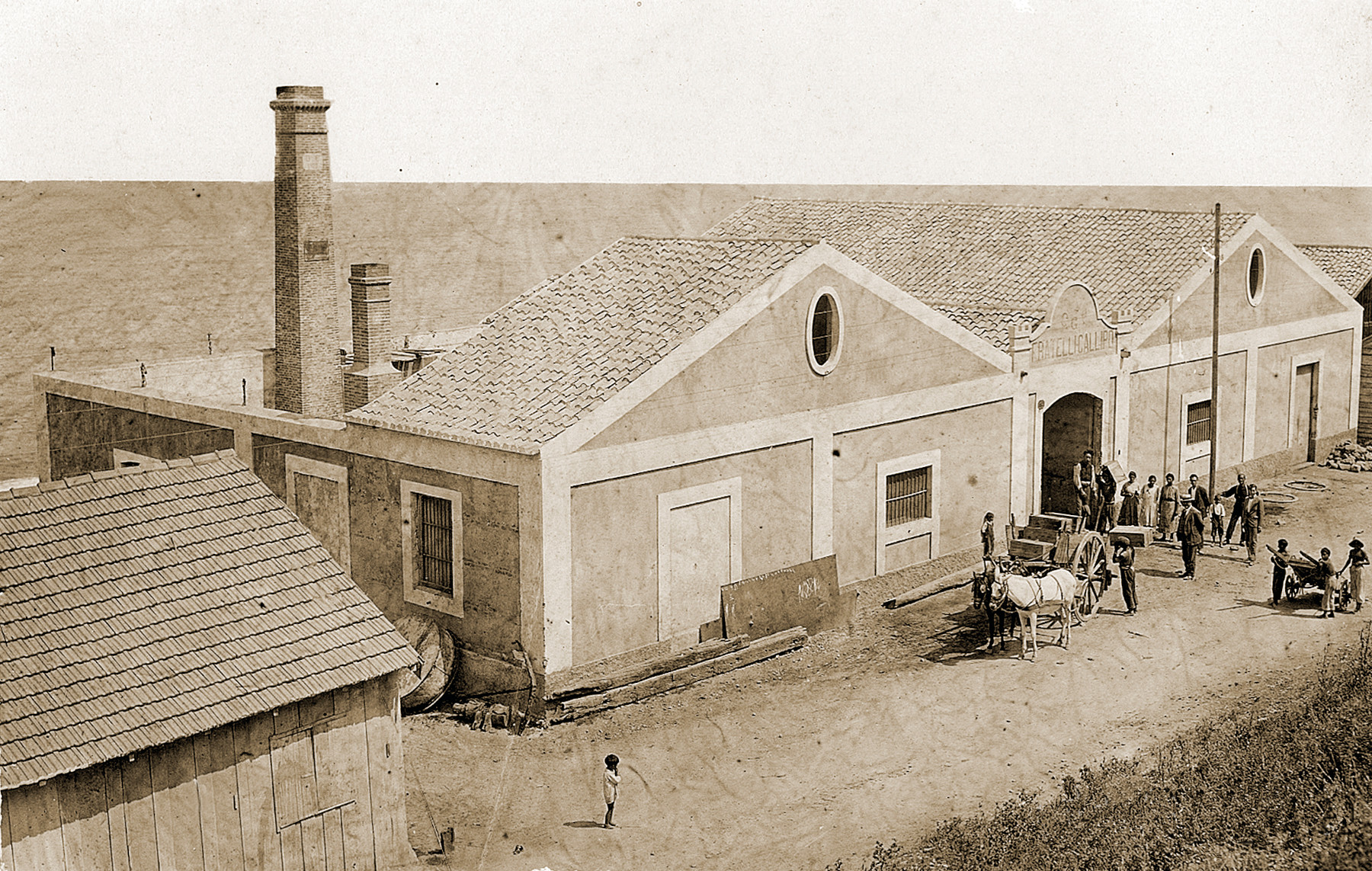
GIAS
The GIAS Experiential Museum in Mongrassano, in the province of Cosenza, offers a panoramic view of the Crati Valley from the top of the green hill where Casale Tenuta, owned by the family of the same name, is located.
The valley is not only the picturesque setting of the company's factory and museum, but represents the precious source of the raw materials processed, vegetables and fruit, and transformed into products of Calabrian excellence on the frozen food market.
The GIAS Museum exhibits a cross-section of the supply chain from work in the fields to the processing and packaging of fresh produce, including machinery, historical documents and multimedia aids such as the interactive multitouch desk and a series of interesting audiovisual projections, without sacrificing the artistic touch of the exhibition of sculptures by Giuseppe Carta.
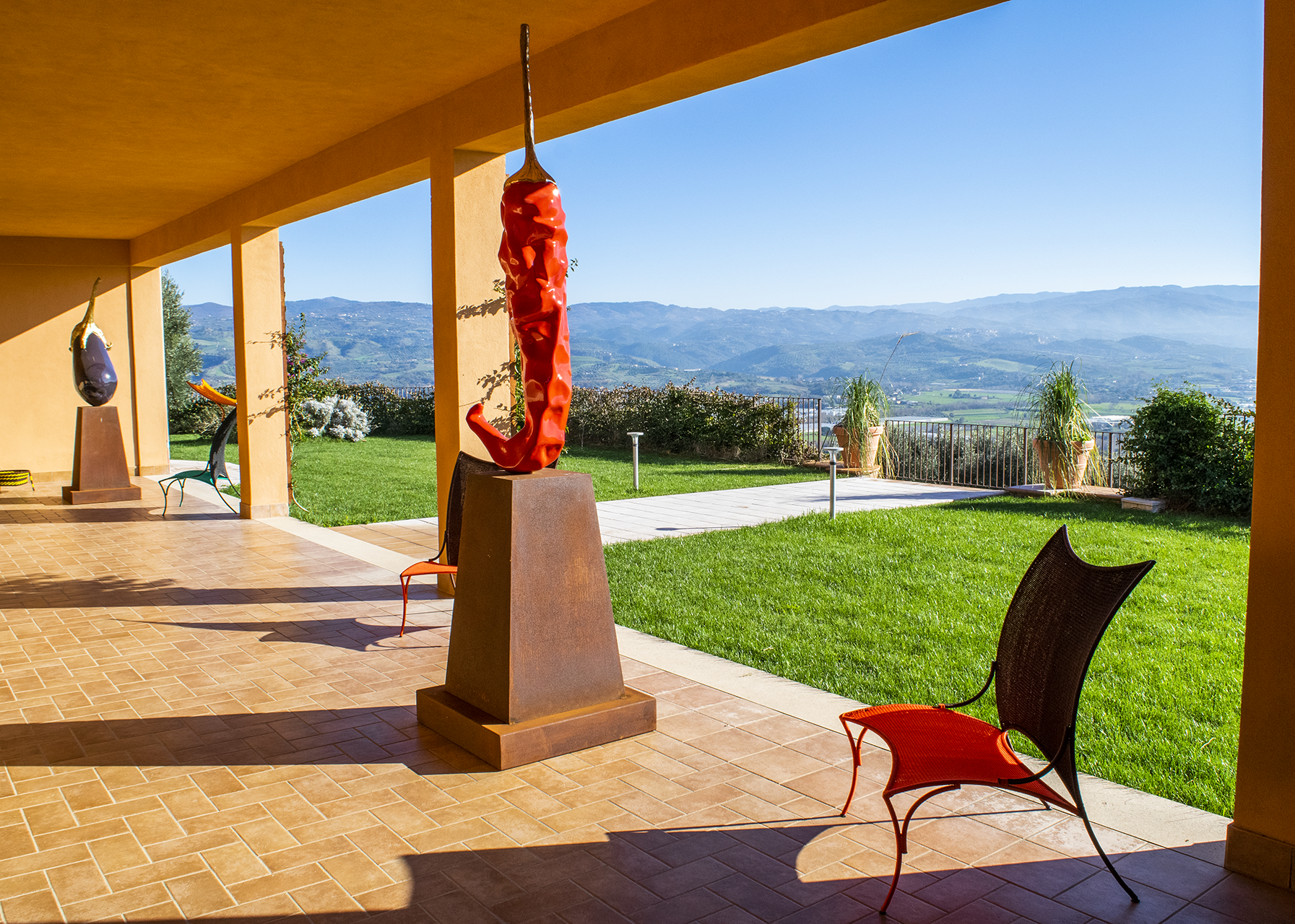
Lanificio Leo
The history of wool in Calabria has a name: Lanificio Leo.
We are in the heart of the Reventino, in Soveria Mannelli, in the province of Catanzaro. Here stands the reference family business when it comes to the excellence of Calabrian yarns.
A company that has been part of the economic and manufacturing history of the region for over a century and it preserves its memory while practising innovation, putting itself on the line and embracing today's fashion market challenges.
The company museum consists of a space of over 1,000 square metres in which the complete knitting production cycle is carried out, from the transformation of wool into yarn to the various weaving techniques. A small archive collects the materials produced by Lanificio Leo for its research and experimentation activities, as well as perfectly efficient old machines and 200 hand-carved nineteenth-century casts in pear wood.
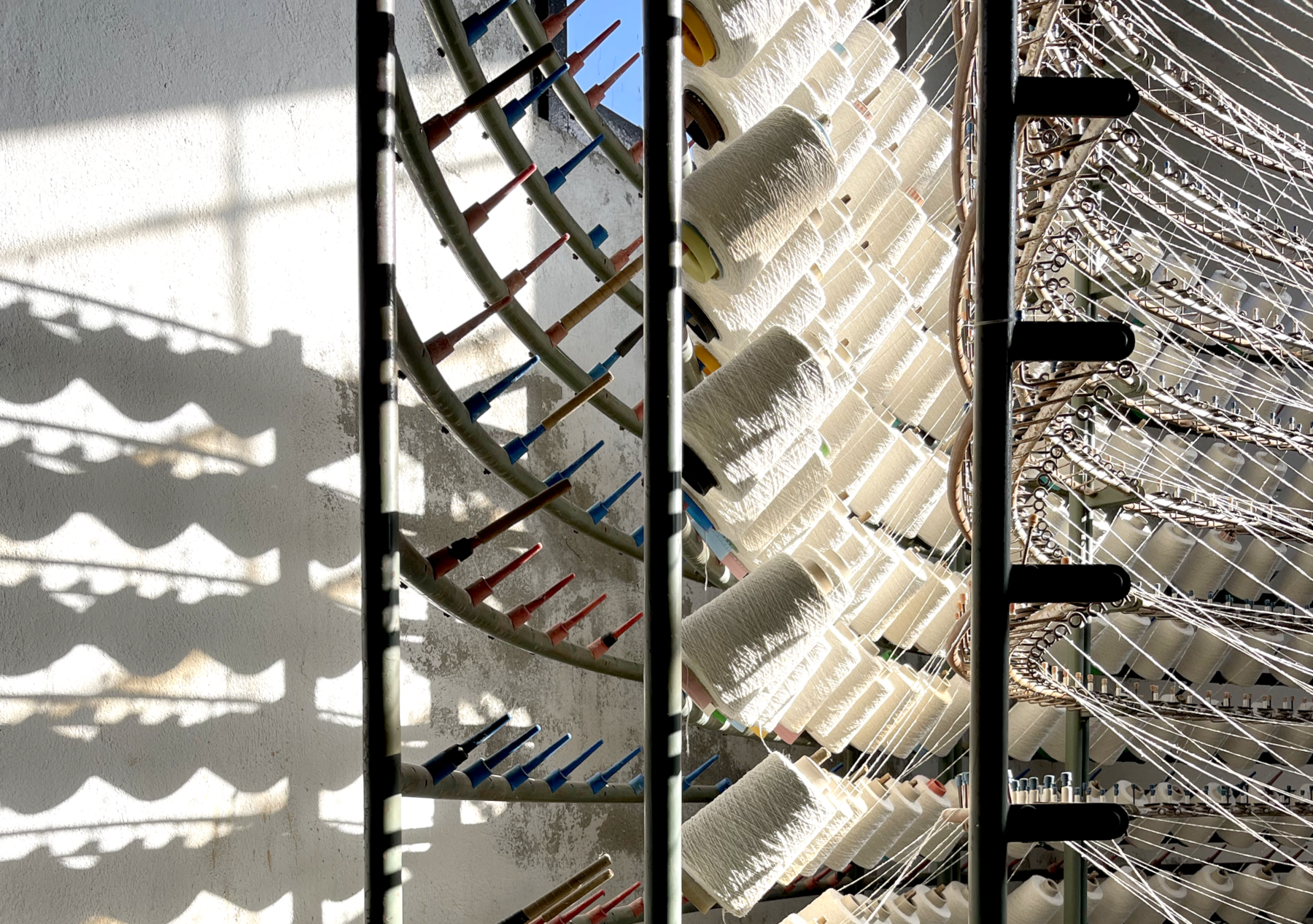
Librandi
Vi.te.s., this is the acronym of the Librandi company's museum space dedicated to wine and the knowledge of the vine-dressers of the Cirò Marina area, in the province of Crotone, devoted to the fine production of Cirò DOC wine.
The Librandi Museum is located near the ancient Tenuta Rosaneti, an early 19th century building that houses a centuries-old walled palmento on the ground floor, the heart and iconic symbol of the winery. The rich collection of tools and instruments recounts the work in the fields and the history of the family, from the earliest evidence of Crotone winemaking to international awards and the achievement of DOC status.
There is also the possibility of vineyard visits and tastings, also in a technological and interactive mode, with a special "olfactory space".
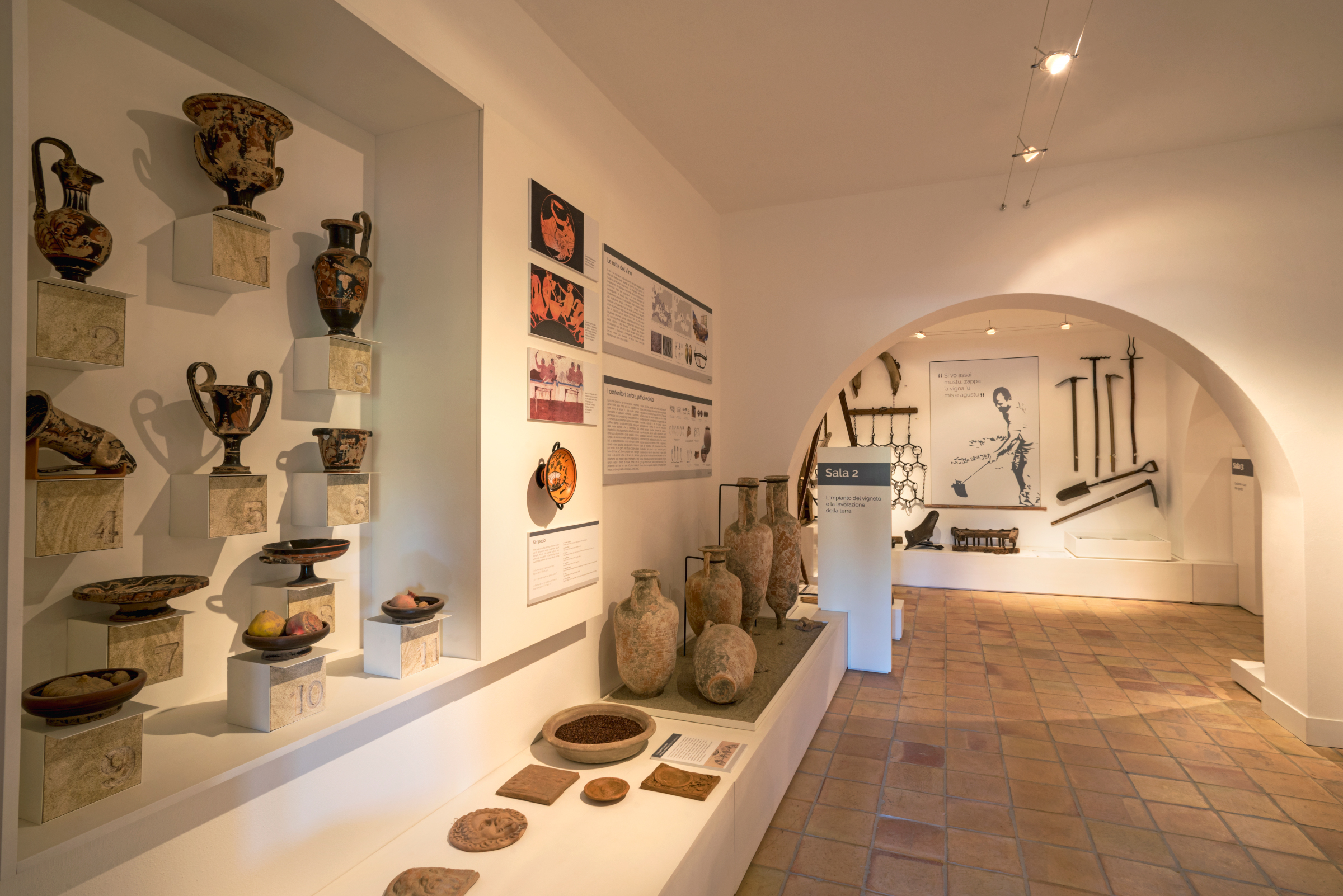
Bergamot Museum
Founded in 2008 thanks to Professor Vittorio Caminiti's passion for the Bergamot of Reggio Calabria PDO, the current Bergamot Museum in Reggio Calabria is a garrison of knowledge and promotion of one of the most renowned citrus fruits of the Mediterranean, one of the symbols of Calabrian agribusiness.
The Bergamot Museum exhibits tools, instruments, documents and images that tell the story of the work and characteristics of the precious "Green Gold of Calabria", from cultivation to extraction of the unmistakable essence used in perfumery, cosmetics and the confectionery industry.
From the first hand-cranked machine, invented by Barillà from Reggio Calabria, to today's distillation and processing techniques operated by the most important perfume houses in Europe and the world, bergamot can be enjoyed with all five senses.
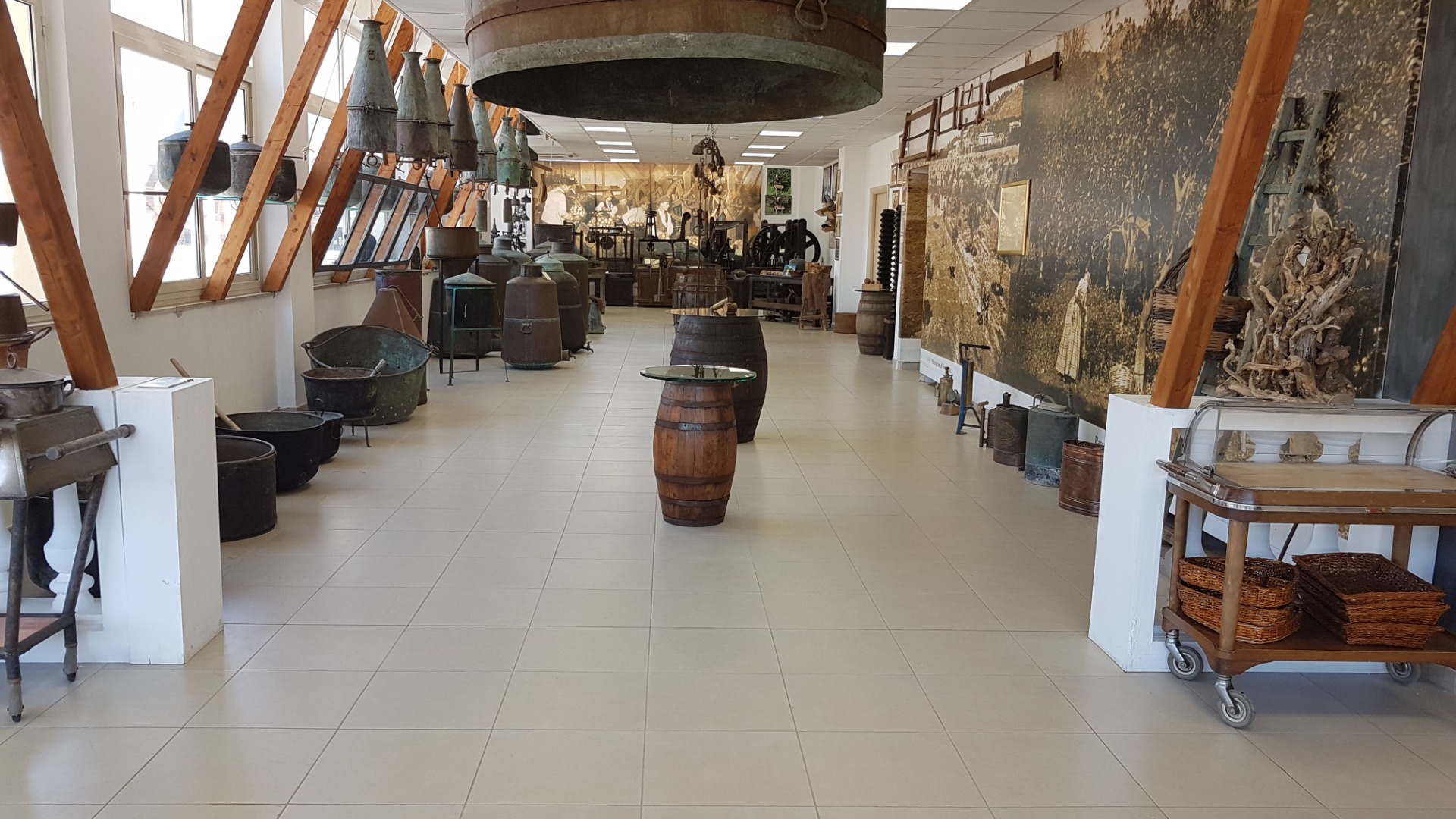
Rubbettino
Founded as a printing house, today's Rubbettino Publishing House has for more than fifty years chronicled the extraordinary intertwining of Calabria, the paper industry, local authors and the world of Calabrian culture.
The Rubbettino "CARTA" Museum, located in Soveria Mannelli, in the Reventino area of Catanzaro, offers the opportunity to learn about the history of books in Calabria: from the processing of paper and raw materials to support the typography to printing and binding processes, up to the most modern communication, design and digital techniques.
A venue for lectures and seminars, the family museum also offers a Contemporary Art Park that engages in dialogue with the world of books in all its forms.
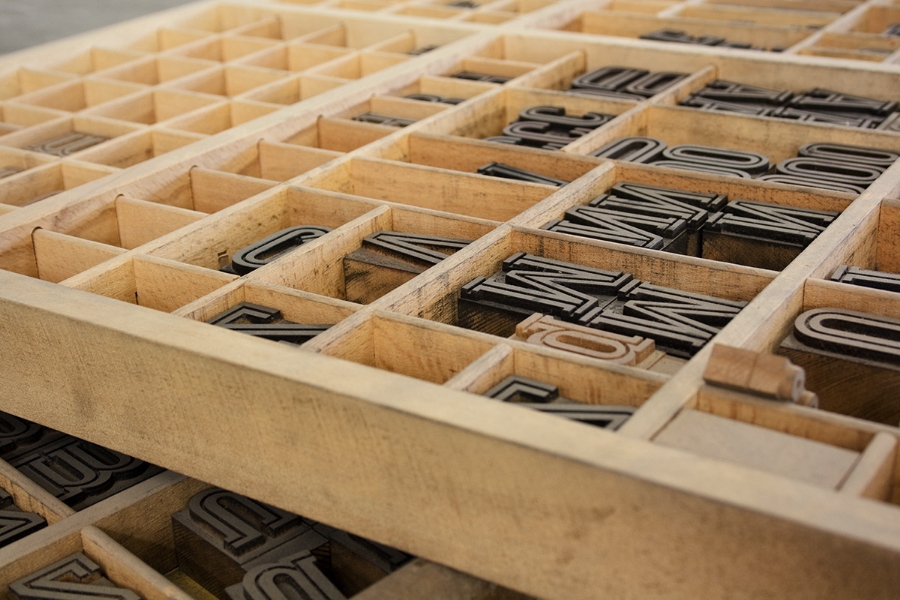
Terme Caronte
We conclude our journey through Calabria's business museums with a dip in the "Museum" of Terme Caronte.
Inaugurated in 2011, this space represents the first business museum in the spa sector. The family business dates back to 1716, when the progenitor Gian Galeano Cataldi set out to manage the thermal baths of Lamezia, in the province of Catanzaro, exploiting the wealth of natural thermal springs known since antiquity.
The museum tour recounts the history of the company through the family archive and a series of showcases displaying period objects and spa equipment. In addition, a space dedicated to Byzantine Archaeology, Art and Culture narrates the local spa tradition from antiquity to the present day through artefacts and works of art.
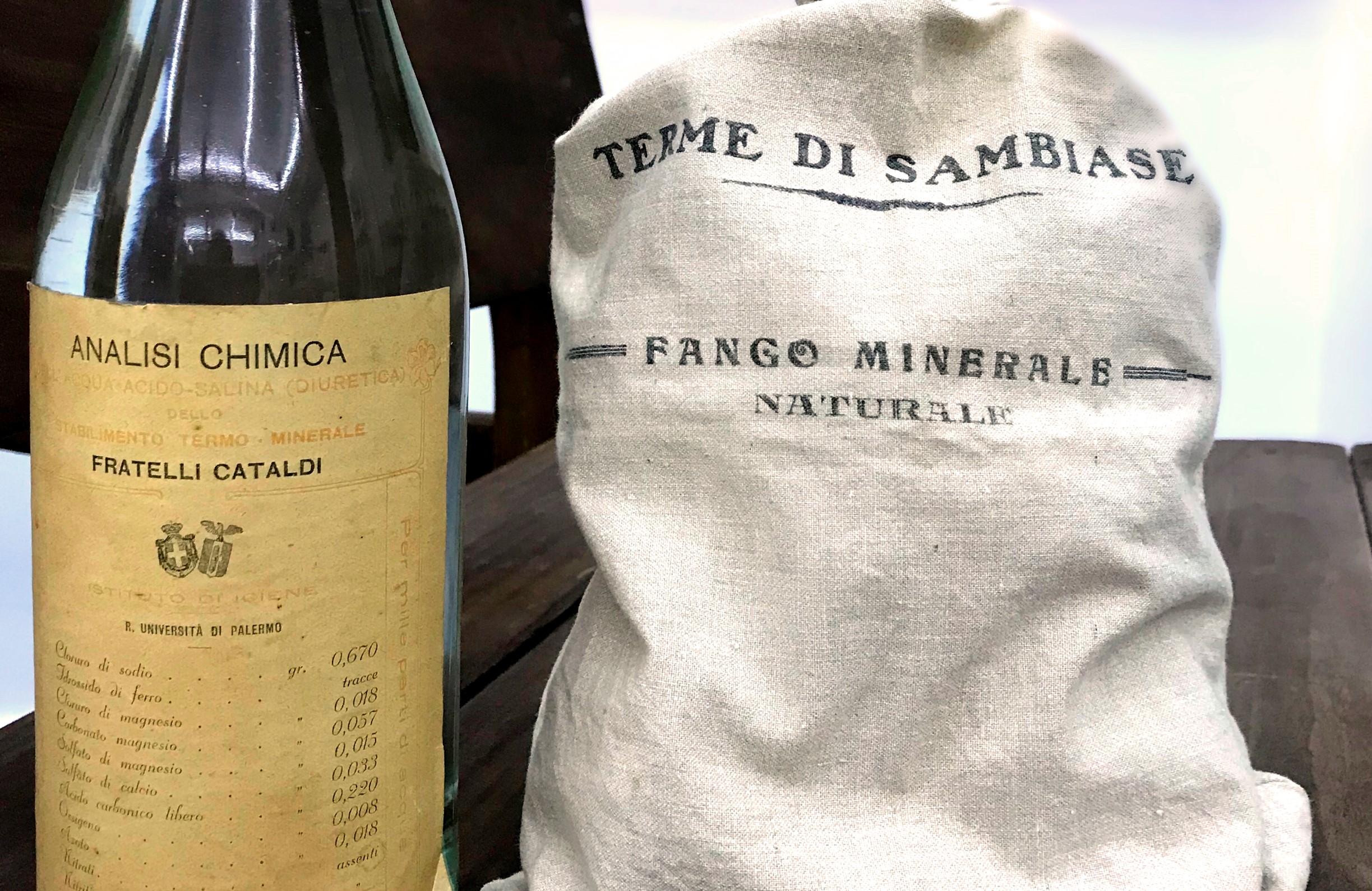
https://calabriastraordinaria.it/en/news/journey-through-business-and-labour-museums-in-calabria



